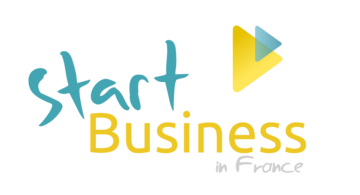1. Do your market research
Market research is essential if your business is to succeed and meet your expectations. First thing to check is demand for you product or service, especially if you’re aiming local. Investigate competitor pricing, on and offline advertising channels, is demand seasonal, look into supplier pricing, lead times, delivery costs. Build the big picture. You will find some useful resources on these sites www.apce.com, www.cci.fr and www.insee.fr.
2. Create a business plan
Take a couple of days to write down your business plan. Key areas include your project overview, market analysis, product and services description, including pricing structure, suppliers, customer analysis and marketing strategy.
3. Create a provisional plan
What investment you will need to launch your business? Equipment, building work, shop set up, car/van, PC, software, business setting up fees, marketing tools, stock and cash flow (at least 2 or 3 months worth of running expenses). Decide whether you will self finance the project or request a business loan.
Assess your yearly running costs (bills, accountant, insurance, social charges, etc.) and calculate your break event point. What is your turnover target per week, per year? How many customers does it represent - be realistic?
4. Find out which legal structure to use
Based on your business and financial plan, assess the risk you may take with your business. Entreprise individuelle (micro, reel or auto-entrepreneur) is relatively easy to set up and run, but it also means that you will be liable on your personal asset from the debts generated by the business. EURL/SARL will give a better protection.
Will you be starting the business on your own (entreprise individuelle or EURL) or have a business partner (SARL, SAS). Compare the different social and fiscal charges to check which regime are better suited to your business and personal situation.
5. Check the regulations
Many French activities are regulated (nurse, architect, accountant, building trades etc.) or require a qualificatio.. Check with Chambre de Metiers or Chambre de Commerce if your trade is regulated. For bars and restaurant, you’ll require a drinks’ licence and official UMIH training, kitchens up to health and safety standards. Shops will require a health and safety visit (ERP Etablissement Recevant du Public) and be aware of future regulations for access to the disabled / disability access.
6. Get professional advice
Speak to a business advisor or an accountant to help you draw a provisional plan (especially for EURL/SARL) and get explanations on how the social charges and income tax work. If you buy an existing business, get advice on the business lease bail commercial and compromise.
7. Brush up your French
Keep working on your French lessons in order to feel comfortable dealing with a French customer or the French administration (RSI, Urssaf, impots). Joining a French business club will help you boost your language and will get you extra professional contacts.
